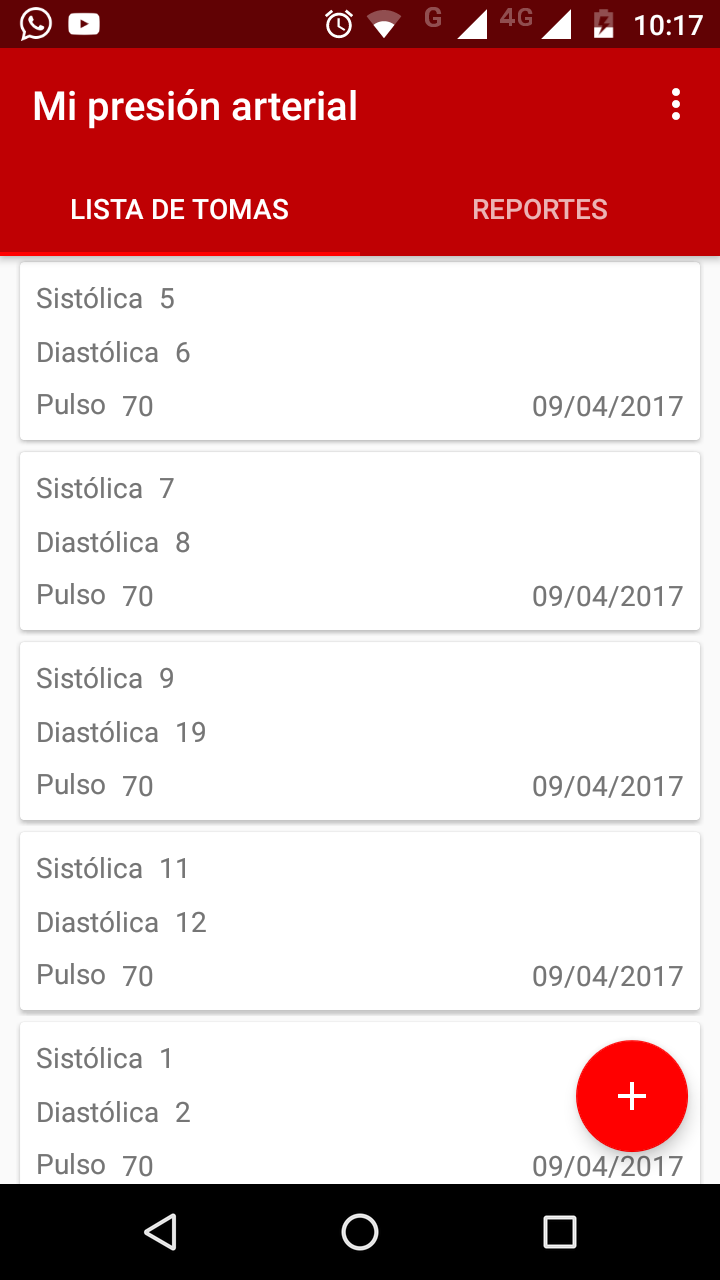用 lucene 提取 tf-idf 向量
时间:2023-09-29问题描述
我已经使用 lucene 索引了一组文档.我还为每个文档内容存储了 DocumentTermVector.我写了一个程序,得到了每个文档的词频向量,但是如何获取每个文档的 tf-idf 向量呢?
I have indexed a set of documents using lucene. I also have stored DocumentTermVector for each document content. I wrote a program and got the term frequency vector for each document, but how can I get tf-idf vector of each document?
这是我在每个文档中输出词频的代码:
Here is my code that outputs term frequencies in each document:
Directory dir = FSDirectory.open(new File(indexDir));
IndexReader ir = IndexReader.open(dir);
for (int docNum=0; docNum<ir.numDocs(); docNum++) {
System.out.println(ir.document(docNum).getField("filename").stringValue());
TermFreqVector tfv = ir.getTermFreqVector(docNum, "contents");
if (tfv == null) {
// ignore empty fields
continue;
}
String terms[] = tfv.getTerms();
int termCount = terms.length;
int freqs[] = tfv.getTermFrequencies();
for (int t=0; t < termCount; t++) {
System.out.println(terms[t] + " " + freqs[t]);
}
}
lucene 中是否有任何内置函数可以让我这样做?
Is there any buit-in function in lucene for me to do that?
没有人帮忙,我自己做了:
Nobody helped, and I did it by myself:
Directory dir = FSDirectory.open(new File(indexDir));
IndexReader ir = IndexReader.open(dir);
int docNum;
for (docNum = 0; docNum<ir.numDocs(); docNum++) {
TermFreqVector tfv = ir.getTermFreqVector(docNum, "title");
if (tfv == null) {
// ignore empty fields
continue;
}
String tterms[] = tfv.getTerms();
int termCount = tterms.length;
int freqs[] = tfv.getTermFrequencies();
for (int t=0; t < termCount; t++) {
double idf = ir.numDocs()/ir.docFreq(new Term("title", tterms[t]));
System.out.println(tterms[t] + " " + freqs[t]*Math.log(idf));
}
}
有什么方法可以找到每个词条的ID号吗?
is there any way to find the ID number of each term?
没有人帮忙,我自己又做了一次:
Nobody helped, and I did it by myself again:
List list = new LinkedList();
terms = null;
try
{
terms = ir.terms(new Term("title", ""));
while ("title".equals(terms.term().field()))
{
list.add(terms.term().text());
if (!terms.next())
break;
}
}
finally
{
terms.close();
}
int docNum;
for (docNum = 0; docNum<ir.numDocs(); docNum++) {
TermFreqVector tfv = ir.getTermFreqVector(docNum, "title");
if (tfv == null) {
// ignore empty fields
continue;
}
String tterms[] = tfv.getTerms();
int termCount = tterms.length;
int freqs[] = tfv.getTermFrequencies();
for (int t=0; t < termCount; t++) {
double idf = ir.numDocs()/ir.docFreq(new Term("title", tterms[t]));
System.out.println(Collections.binarySearch(list, tterms[t]) + " " + tterms[t] + " " + freqs[t]*Math.log(idf));
}
}
推荐答案
你可能找不到 tf-idf 向量.但正如您已经完成的那样,您可以手动计算 IDF.最好使用 DefaultSimilarity(或您使用的任何相似性实现)为您计算它.
You'll probably not found a tf-idf vector. But as you've already done, you can calculate IDF by hand. It is probably better to use the DefaultSimilarity (or whatever Similarity implementation you are using) to calculate it for you.
关于 Term ID,我认为目前你不能.至少直到 Lucene 4.0,见 这个.
Regarding Term ID, I think currently you can't. At least not until Lucene 4.0, see this.
这篇关于用 lucene 提取 tf-idf 向量的文章就介绍到这了,希望我们推荐的答案对大家有所帮助,也希望大家多多支持html5模板网!
相关文章
 如何检测 32 位 int 上的整数溢出?How can I detect integer overflow on 32 bits int?(如何检测 32 位 int 上的整数溢出?)
如何检测 32 位 int 上的整数溢出?How can I detect integer overflow on 32 bits int?(如何检测 32 位 int 上的整数溢出?) return 语句之前的局部变量,这有关系吗?Local variables before return statements, does it matter?(return 语句之前的局部变量,这有关系吗?)
return 语句之前的局部变量,这有关系吗?Local variables before return statements, does it matter?(return 语句之前的局部变量,这有关系吗?) 如何将整数转换为整数?How to convert Integer to int?(如何将整数转换为整数?)
如何将整数转换为整数?How to convert Integer to int?(如何将整数转换为整数?) 如何在给定范围内创建一个随机打乱数字的 intHow do I create an int array with randomly shuffled numbers in a given range(如何在给定范围内创建一个随机打乱数字的 int 数组)
如何在给定范围内创建一个随机打乱数字的 intHow do I create an int array with randomly shuffled numbers in a given range(如何在给定范围内创建一个随机打乱数字的 int 数组) java的行为不一致==Inconsistent behavior on java#39;s ==(java的行为不一致==)
java的行为不一致==Inconsistent behavior on java#39;s ==(java的行为不一致==) 为什么 Java 能够将 0xff000000 存储为 int?Why is Java able to store 0xff000000 as an int?(为什么 Java 能够将 0xff000000 存储为 int?)
为什么 Java 能够将 0xff000000 存储为 int?Why is Java able to store 0xff000000 as an int?(为什么 Java 能够将 0xff000000 存储为 int?)
 如何使用 SimpleDateFormat.parse() 将 Calendar.toString()How can I Convert Calendar.toString() into date using SimpleDateFormat.parse()?(如何使用 SimpleDateFormat.parse() 将 Calendar.toString() 转换为日期?)
如何使用 SimpleDateFormat.parse() 将 Calendar.toString()How can I Convert Calendar.toString() into date using SimpleDateFormat.parse()?(如何使用 SimpleDateFormat.parse() 将 Calendar.toString() 转换为日期?)